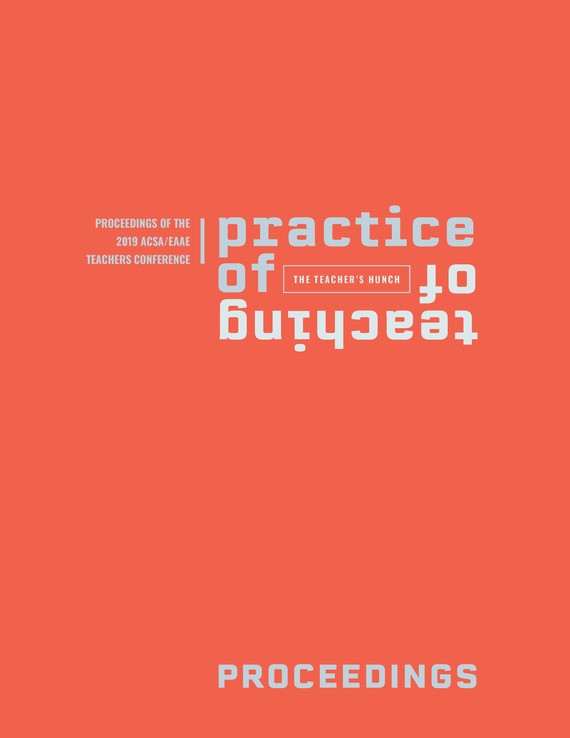Author(s): Ömer Akin
Precedent-Based learning is related to a very old method of teaching, particularly in the studio setting. Usually it takes the form of precedent analysis. An empirical study was conducted in order to better understand how experienced designers use precedents in the course of a brief design session. Normative theories of learning suggest that success is most likely to be achieved when students learn (1) the principles governing events or phenomenon in a discipline, and (2) ways of applying these principles to specific situations to solve problems of various kinds. We call this the didactic method. In the didactic approach there is a systematic representation of the fundamental principles of knowledge that identify a specific domain upon which a corpus of applications or problem-solving skills can be constructed. In fields that deal with professional practice, for example design, instruction appears to deviate from this pattern in significant ways. Students are rarely given robust principles (ones that hold in different contexts), let alone immutable ones, upon which they can construct designs that can be judged unequivocally or without error. Instead they are given plenty of precedents from which to learn a variety of heuristics. This type of knowledge is fundamentally tacit, situated in a context of extra-domain information, and involving pedagogy that is principally experiential. In architectural curricula, the experiential approach to learning is omnipresent. Descriptions of design instruction, or for that matter, architectural curricula within which such instruction is found, are invariably of an indirect kind. They describe the stylistic or formal attributes of the architecture that is promoted by the particular pedagogy in order to explain its characteristics, principles and techniques [5,7,8,11,19].
https://doi.org/10.35483/ACSA.Teach.2019.1
Volume Editors
Richard Blythe & Johan De Walsche
ISBN
978-1-944214-23-4

 Study Architecture
Study Architecture  ProPEL
ProPEL 
